Everyone seems to want to know: Does wine make you fat?
Before I delve into the studies I can tell you this much, I drink wine nightly (never more than 1 to 2 glasses) and I’ve been doing this now for a good eight or nine years. With the exception of my pregnancy my waistline has been the same since it was in my college days. When I was 20 years old I really didn’t drink much at all (but I ate terribly.)
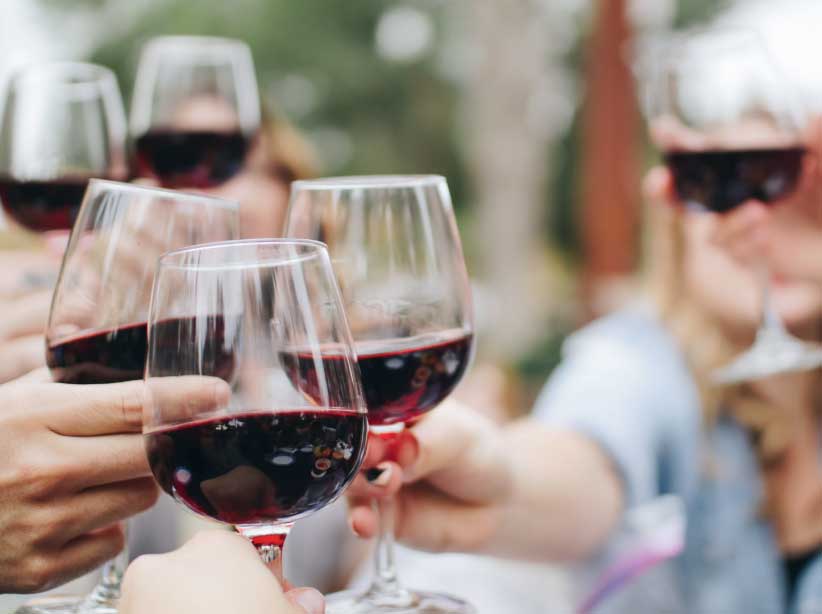
Does Wine Make you Fat?
The calories in alcohol do not appear to be metabolized in the same manner as the calories from carbohydrates, fats and protein. There is no scientific rationale to abstain from drinking moderate amounts of alcohol in an effort to maintain a healthy waistline. So, then does wine make you fat?
This truth is based ton studies published in medical journals.
#1: Journal of the America College of Nutrition Case Study:
In April 1997, the Journal of the American College of Nutrition reported on a twelve-week crossover study. Fourteen men were given two glasses of wine to drink every day for six weeks, and then they were asked to abstain for six weeks. The men did not gain weight while they were drinking nor did they lose weight when they stopped (1).
Two glasses of wine contain about 200 calories. Over a six-week period these men should have gained about 2 1/2 pounds, yet they didn’t gain an ounce. Researchers theorize the alcohol may enter a futile cycle where it is not metabolized in the same way as carbohydrates, fat or protein.
#2: Center for Disease Control Research
Another study showed that women who routinely drank moderate amounts of alcohol, totaling about one drink per day, carried almost 10 pounds less body fat than women who did not drink at all (2).
Prior to this, researchers at the Centers for Disease Control showed that, over a ten year period, drinking alcohol seemed to have very little effect on body weight. However, in this study, drinkers tended to gain less weight when compared with people who abstained from alcohol (3.) In a similar ten-year study, drinkers actually displayed a slight tendency to lose weight (4.)
#3: Institute on Lifestyle and Health Study
And now, R. Curtis Ellison, M.D., the director of the Institute on Lifestyle and Health and the Boston University School of Medicine, says a recent study is the strongest evidence to date that calories from food and booze are not created equal.
The recent study Dr. Ellison is referring to is the one published in the March 8, 2010 issue of the Archives of Internal Medicine involving 19,220 healthy, normal-weight women done at the Harvard School of Public Health and Brigham and Women’s Hospital in Boston, Massachusetts.
Dr. Ellison was quoted as saying, “Many other studies that are not nearly as well done as this suggest that calories from alcohol are metabolized differently. The alcohol calories probably don’t count as much as the calories from a Hershey’s Bar.” I’ll drink (just 1 glass) to that!
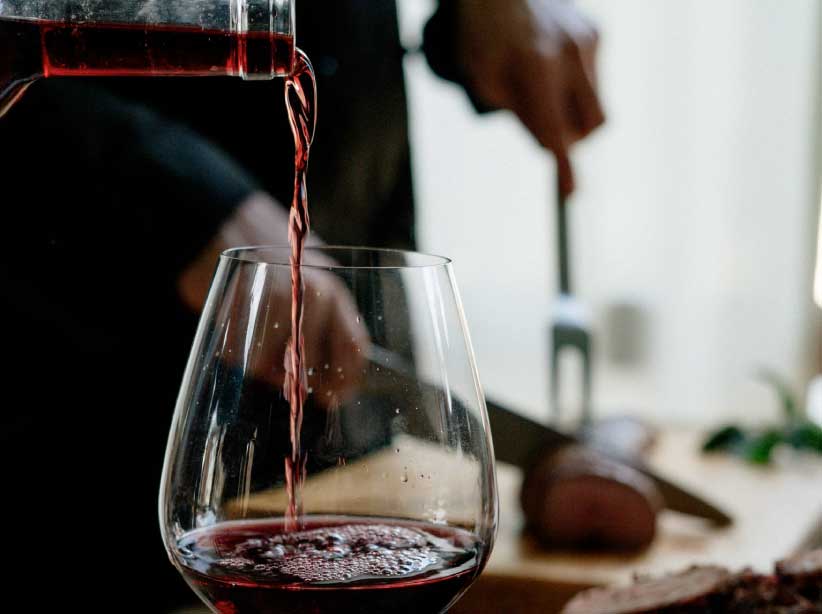
Weight Loss Surgeon Weighs In
My husband is a surgeon specializing in bariatric surgery. So, after coming across the CNN article yesterday I did a quickie Q & A with him when he got home from work. First thing I wanted to know was whether most of his bariatric patients drink wine or not.
He said the majority of his patients do not drink alcohol at all—but those that do drink tend to drink excessive quantities. He then added that the beverage his patients drink most of is soda.
He said he strongly discourages any calorie-containing beverage (including 100% juice) for his patients after they have had bariatric surgery but that he still allows them to drink 1 or 2 glasses of wine if they wish. He doesn’t encourage wine consumption for weight loss, but he doesn’t discourage it either.
Choose Wine over all Alcoholic Beverages
For the record, he recommends wine over all other alcoholic beverages.
This is because in comparison to hard liquor and beer, wine contains antioxidants and is very low in sugar. Whereas, hard liquor is low in sugar but contains no antioxidants. Beer contains antioxidants yet most varieties also contain a good deal of empty-calorie sugar.
Note: low-carb beers do contain significantly less sugar than regular beer, but they also contain significantly less antioxidants.
If you Don’t Drink Should You Start?
No. I’m not saying you should start drinking wine if you don’t want to or don’t like the taste. And, I’m certainly not saying wine should be your new weight loss weapon of choice either. In fact, if you have a family history of alcoholism or you’ve personally had a problem with alcohol in the past you should steer clear.
Wine Doesn’t Make you Fat
What I am saying is that if you enjoy wine and it helps you relax (something I have a HARD TIME doing!) then you shouldn’t avoid wine because you think it will make you fat. It won’t.
Choose Wine Over Cheesecake
If you are one of those point and calorie-counting Weight Watcher’s who goes out to dinner and avoids wine to “save calories” for the chocolate cheesecake finale you should probably think twice about that choice next time you go out.
Personally, from a weight loss standpoint, I think you should choose the wine over the cheesecake. I’d worry more about the waistline damage from the cheesecake instead of how many calories in a glass of wine! But that’s just me…
Choose Healthy Wines
We purchase much of our wine online and one great company called Thrive Market. They offer a very large selection and if you’re a Clean Cuisine reader you may be interested in their earth-friendly offerings. They also have a free shipping membership program that will pay off if you order regularly. Need a suggestion? Try out Benziger Chardonnay, Estancia Cabernet Sauvignon, or Conundrum White Blend for a unique flavor change of pace.
References:
- Cordain, L, et al. “Influence of moderate daily wine consumption upon body weight regulation and metabolism in healthy free-living males.” J Am Coll Nutr. 1997, Apr; 16(2); 134-9.
- Greenfield, JR, et al. “Moderate alcohol consumption, dietary fat composition, and abdominal obesity in women; evidence for gene-environment interaction.” J Clin Endocrinol Metab. 2003 Nov;88(11):5381-6.
- Liu S, et al. “A prospective study of alcohol intake and change in body weight among US adults.” Am J Epidemiol. 1994 Nov. 15;140(10):912-20.
- Kahn HS, et al. “Stable behaviors associated with adults’ 10-year change in body mass index and likelihood of gain at the waist.” Am J Public Health. 1997 May;87(5):747-54.
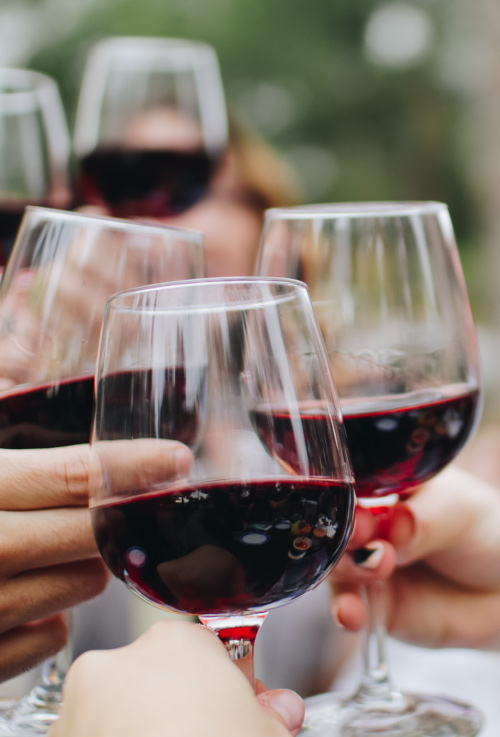
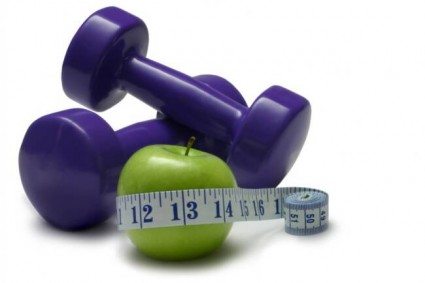
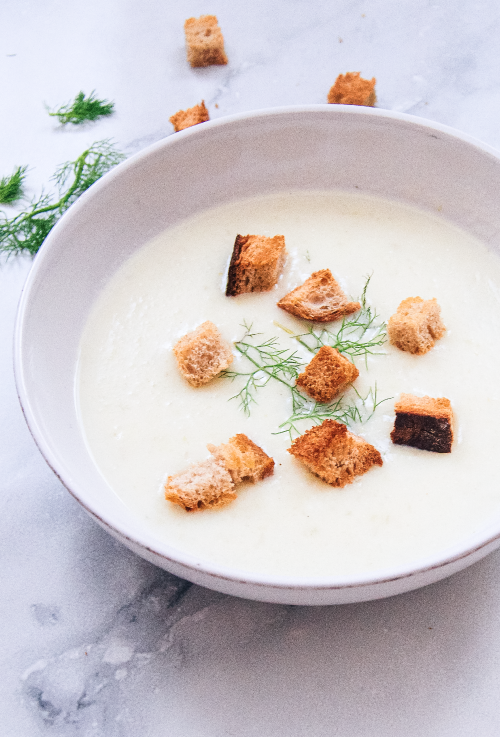
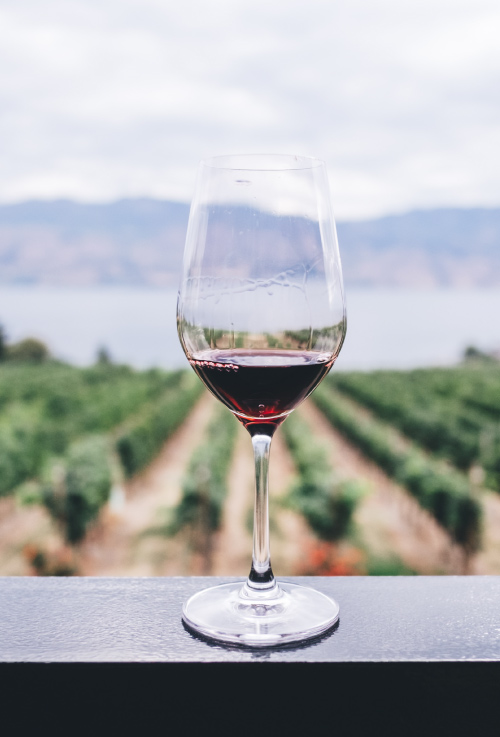
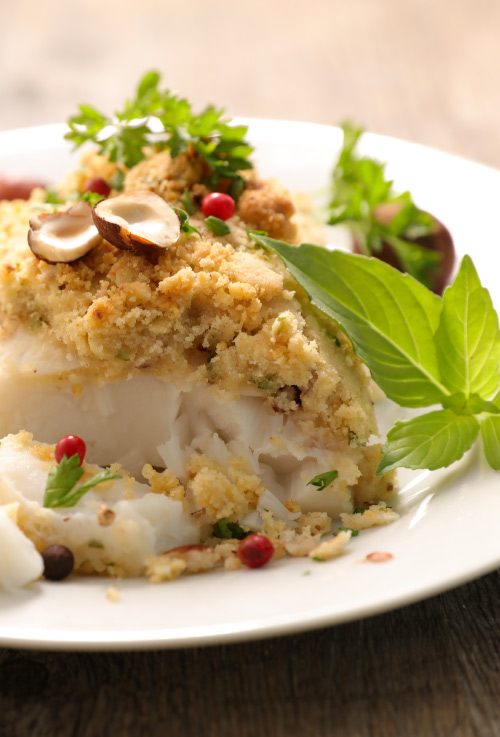
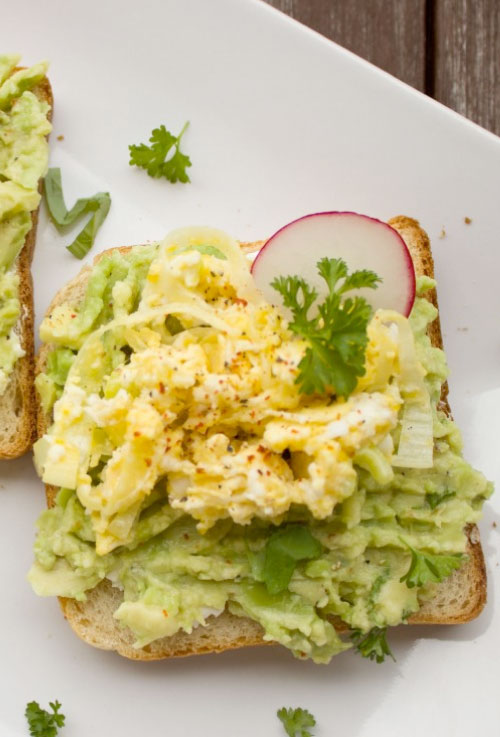
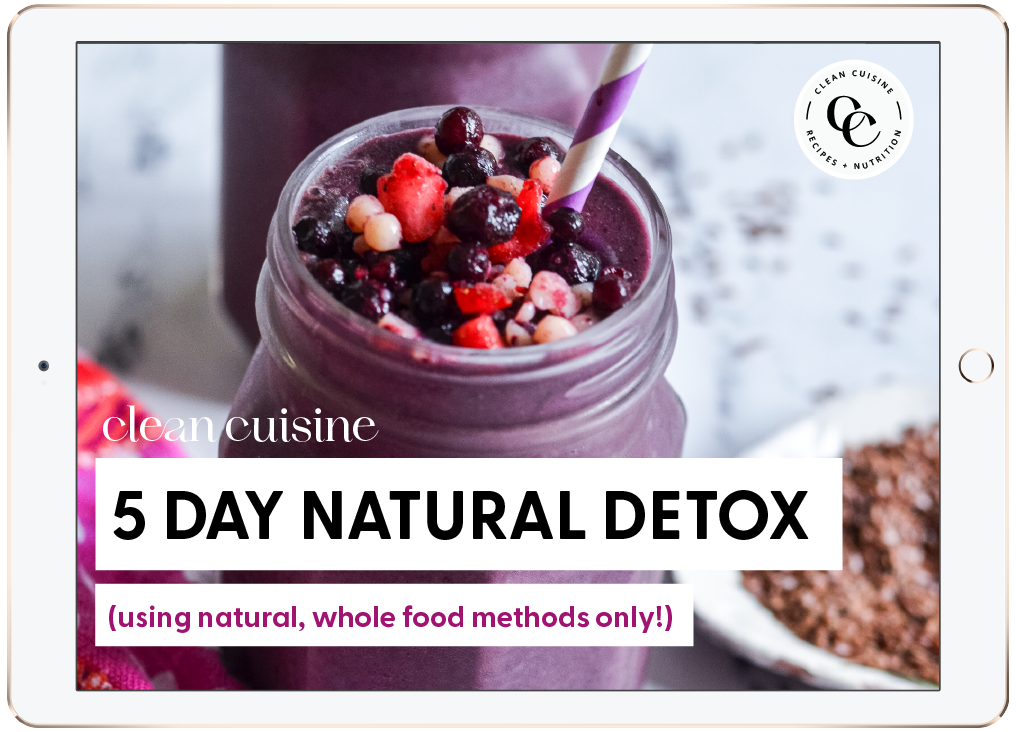
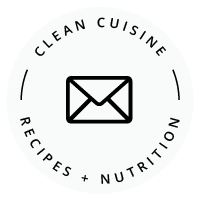
Daren
Tuesday 12th of November 2013
This is interesting about the calories in wine being not used totally. I suppose it is similar to certain carbohydrates like porridge, where not all the calories from carbs are used - the fiber cannot be digested for instance. I always put weight on when I drink beer, but if I drink red wine, I stay lean and even lose weight. I drink wine before I eat a couple of hours later in the night. In fact, I can abstain from food for several hours with a glass or three of red wine.